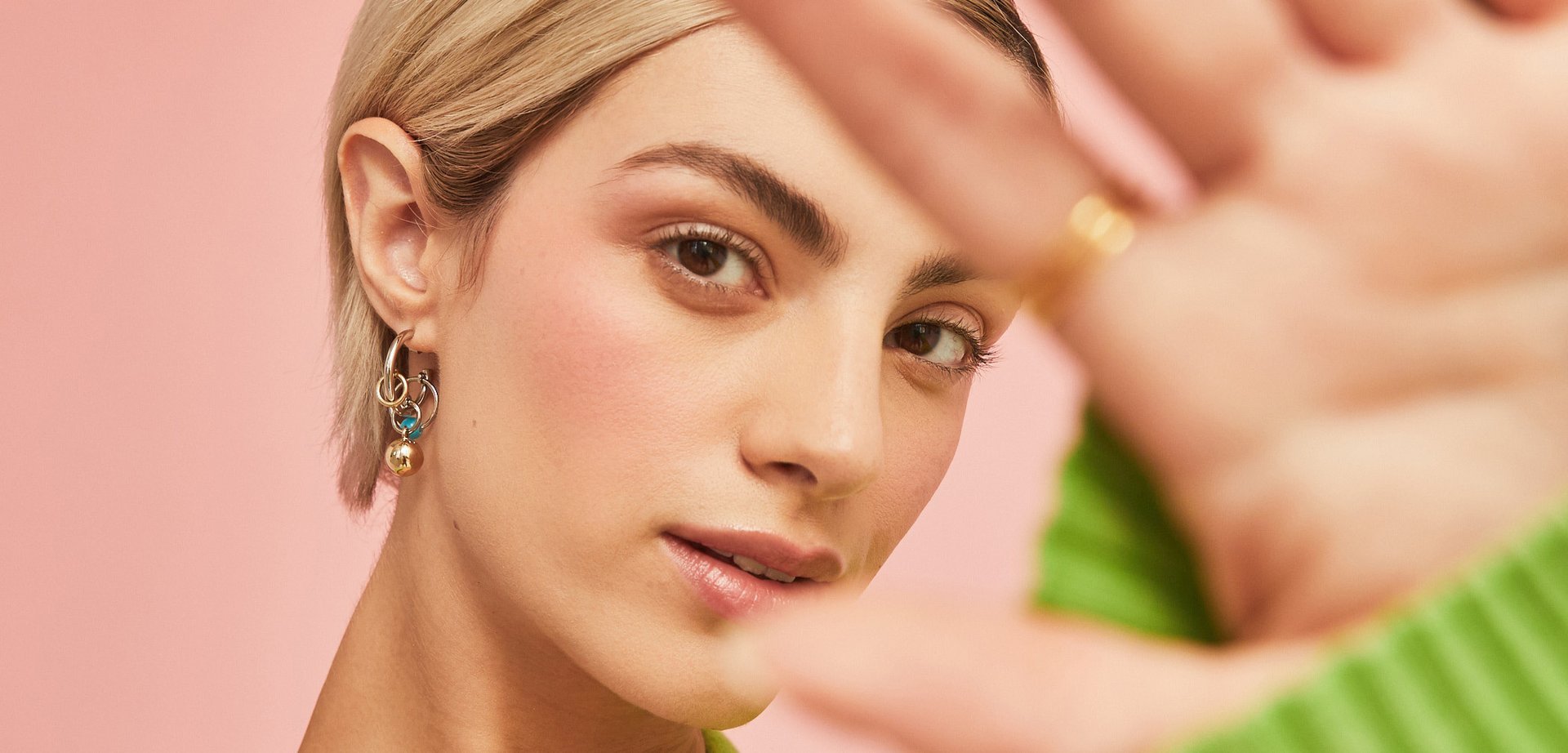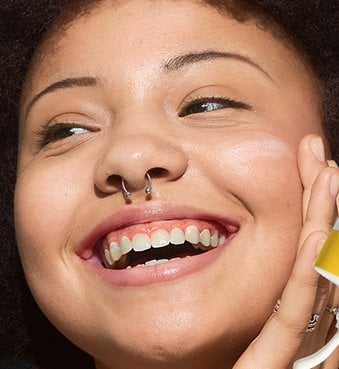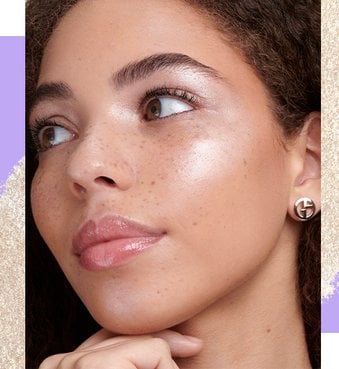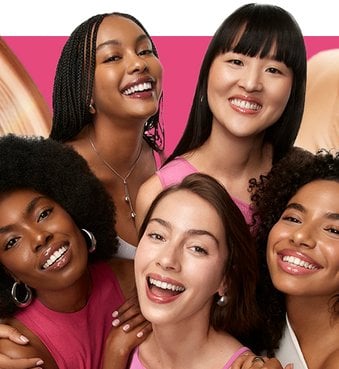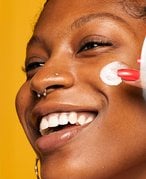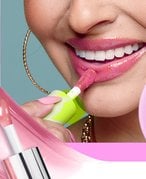Expert Tips
We interview top makeup artists and influencers to get the scoop on how to DIY timeless and trending beauty looks, from tightlining your eye makeup to acing the no-makeup makeup look.Recommended Articles
-
![Woman applying NYX sunscreen to face]() Expert TipsHow To Wear Sunscreen And Makeup: When To Apply Each5/30/2025
Expert TipsHow To Wear Sunscreen And Makeup: When To Apply Each5/30/2025 -
![]() Expert TipsClean Girl Makeup: How To Get the Look In 7 Easy Steps5/19/2025
Expert TipsClean Girl Makeup: How To Get the Look In 7 Easy Steps5/19/2025 -
![Photo of a person applying makeup to face with makeup sponge]() Expert TipsHow To Conceal Under-Eye Bags and Dark Circles in 5 Easy Steps5/5/2025
Expert TipsHow To Conceal Under-Eye Bags and Dark Circles in 5 Easy Steps5/5/2025 -
![]() Expert TipsLip Oil: What Is It, Benefits, And How To Use It4/16/2025
Expert TipsLip Oil: What Is It, Benefits, And How To Use It4/16/2025 -
![Urban Decay All Nighter Setting Spray with Vitamin C and Urban Decay Setting Powder]() Expert TipsShould You Use Setting Powder or Setting Spray?12/15/2024
Expert TipsShould You Use Setting Powder or Setting Spray?12/15/2024 -
![A woman with blonde hair with bangs]() Expert TipsHow To Sleep with Bangs11/12/2024
Expert TipsHow To Sleep with Bangs11/12/2024



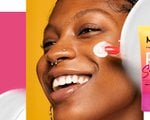



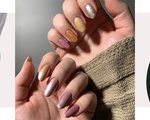
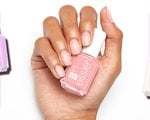



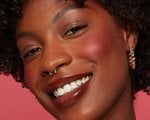






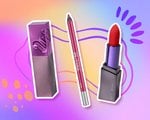

.jpg?cx=0.5&cy=0.5&cw=150&ch=120&blr=False&hash=27326E4FE66B0A2BFABAF4995DA29DC5)
